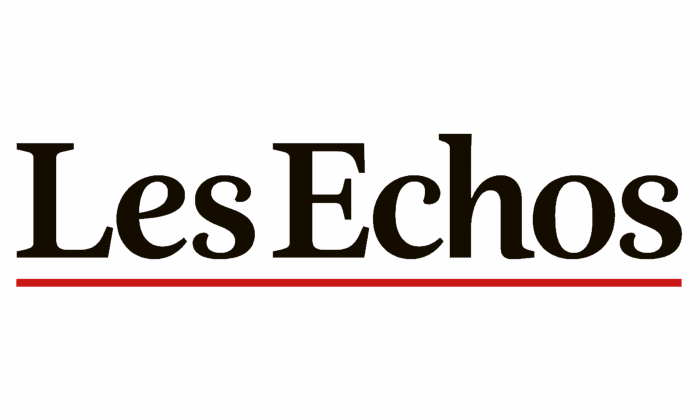
Published in Les Échos, August 28, 2025
It was urgent to put a stop to a dangerous drift that has been undermining our economic and social balance for far too long. The time for inaction is over, whatever the political outcomes in Parliament.
The budget must be part of a coherent, long-term strategy—no small feat in France today. It is essential to design a detailed and consistent plan for transforming the State and local authorities, making them leaner, less redundant, and more efficient. The engineering and support for change will also be crucial for the success of this transformation.
Responsibility
It is equally urgent to rethink our welfare state to make it sustainable. This requires greater accountability from everyone in regard to this fundamental common good: encouraging a more rational use of Social Security, avoiding overconsumption of healthcare or benefits, and introducing an individual contribution, however modest, to limit abuses without undermining solidarity. The amount of work in France—both the employment rate and the number of hours worked—must be structurally increased. If we had Germany’s employment rate, we would no longer face a primary public deficit or financing problems for our social protection system.
The current budget proposal touches on these issues. Public spending would continue to increase in 2026, but by 1.8% instead of the initially forecast 3.5% to 4%. This would be progress, but not the kind of cost-cutting seen in companies that need to reduce expenses. Criticisms of this budget proposal as “ultra-liberal” not only miss the urgency of the necessary recovery but are unfounded. Moreover, some of the supposed cuts are in fact hidden tax increases, such as the removal of the 10% tax allowance for retirees or the elimination of certain tax breaks.
Reform
The principle that “everyone must contribute to the effort” seems fair, but it must be applied with discernment. It is crucial to address excesses where they actually occur, not indiscriminately—otherwise the reform risks being unjust and undermining public support.
As for the idea that such efforts can only be accepted if accompanied by greater tax fairness, it must be placed in the French context. Our country is already one of the most redistributive in the OECD. In France, income inequality is reduced from a factor of 18 to 3 after redistribution. The top marginal tax rates are among the highest in Europe, while the lowest taxable incomes are among the least taxed. And 55% of French households do not pay income tax at all, while 10% pay 75% of the total.
More broadly, further increasing compulsory levies—already the highest in the OECD—would only further discourage investment, employment, and entrepreneurial risk-taking. The necessary balance requires fair pragmatism, reconciling social imperatives with economic solidity, without worsening the lack of work incentives or the insufficiency of competitiveness.
This budget proposal could therefore be a necessary—though insufficient—beginning, unless the confidence vote renders it meaningless. France will not escape, in any case, the imperative of a long-term vision that finally recognizes the country cannot live indefinitely on ever-rising debt and insufficient wealth creation. Let us have the courage to implement structural reforms before they are imposed on us. We must stop feeding the French vicious circle: ever-increasing taxes, uncontrolled spending—both already at world-record levels—resulting in a debt trajectory that is unsustainable and extremely perilous.
Olivier Klein is Professor of Economics at HEC.